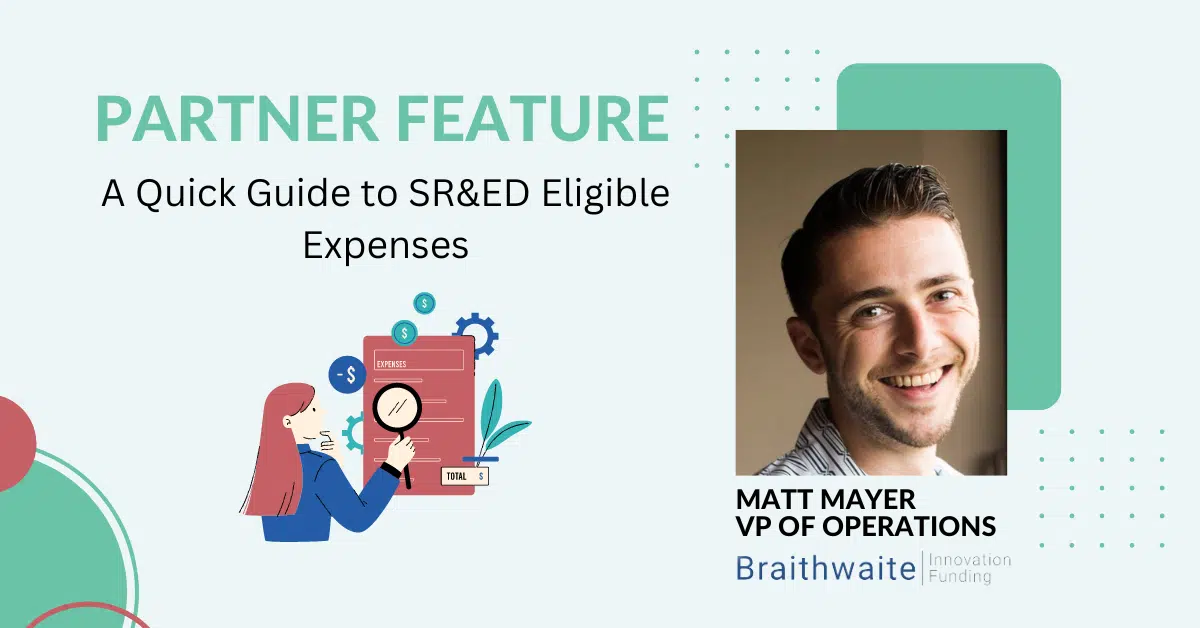Hiring your first salesperson is an exciting step in the development of young businesses. That said, it can also be a daunting process for employers with limited experience. Your first sales hire can often mature into a more senior role as your company grows, so it’s important to make sure the person setting the tone for your sales operations is the right fit for your business.
Let’s walk through some of the key factors to consider before, during, and after the first sales hire.
Before the Hire
Some less experienced employers at this stage feel comfortable beginning the search for a generic sales role, confident that the hiring process will help them pin down what they actually want from a candidate. This can happen every now and again, but treating the hiring process as a laboratory in that way can be a costly expenditure of time and money. Especially as a growing company, spending your resources on careful planning and preparation is often a more responsible way to go.
The first thing to consider when you sit down to plan for your first sales hire is the current trajectory of your sales growth. This will also be important information for your new salesperson to know. Once you have this framework in place, start thinking about the key characteristics of your ideal customer profile. You can only get a clear sense of what you’re looking for in a first sales hire who will grow with your business once you have a detailed picture of the ideal customer profile your salesperson will be working with.
After this pre-planning, it should be much simpler to whip up a clear and precise profile of your ideal candidate. What specific skills, experience, and qualities would your dream candidate possess? What is a reasonable expectation of prior experience for the role you’re looking to fill and grow? It’s best practice to rank all of the factors you come up with and identify which ones are deal-breakers and which ones you’re willing to bend on before interviewing candidates.
When asked for the things that Google looks for when hiring Laszlo Bock, former Senior Vice President of People Operations at Google indicated he looks at: “Four things.” He lists them, in order of importance. First, “general cognitive ability… Not just raw [intelligence] but the ability to absorb information.” Second, “emergent leadership. The idea here is that when you see a problem, you step in and try to address it. Then you step out when you’re no longer needed. That willingness to give up power is really important.” The third thing, Bock says, “is cultural fit – we call it ‘Googleyness’ – but it boils down to intellectual humility.” He says you don’t have to be nice. “Or warm, or fuzzy. You just have to be somebody who, when the facts show you’re wrong, can say that.” And fourth? “Expertise in the job we’re gonna hire you for.”
What are your deal-breakers?
The Hire
Once you’ve concluded that it is the right time for you to hire your first salesperson and you’ve settled on a clear picture of your ideal candidate, it’s time to get started. There is lots of information available online at no cost about the interview process, so do some independent research and decide on the method that’s best for you. It’s also a good idea to walk into the hiring process with an idea of your own strengths and shortcomings as a business operator and/or supervisor. With an idea of where you need help the most, you’re much more likely to identify the candidate who will be most complimentary to your operation style and preferences.
Your first sales hire is different from any other hire you’ll make. At this stage in the development of your business, flexibility and versatility are essential because your new sales hire will likely wear many hats at first.
Some core skills to look out for in a candidate include the ability to create a narrative and a pitch to take with them into meetings and calls with potential clients and customers. A sharp eye for detail and attention to creating visually appealing and compelling content is another important quality in a first sales hire.
One of the most crucial things to confirm is that your new hire is comfortable reaching out to cold leads – the importance of this really can’t be understated in the early growth stages of a business. Some familiarity with your company’s domain is also a plus, but keep in mind that the right candidate can pick up jargon quickly enough. Along with a good fit with the company culture, you’re working to cultivate, charisma is another central quality to seek out in a salesperson. Finally, someone who can interpret customer feedback and incorporate it back into fine-tuning your sales operations will be a long-term boon to your business.
After the Hire
Onboarding your first sales hire will inevitably be a collaborative process in many respects. This is a big part of why getting this particular hire right (hopefully the first time) is so important at this key stage of your company’s growth.
New hires heading one-person sales departments often feel a lot of pressure to handle all the challenges they encounter solo. This is why it’s best to make yourself or a supervisor extra available to the new hire in the first few weeks to establish an open dialogue about what is working and what inefficiencies might need to change.
Call prep. Call prep. Call prep. Sit down with your new hire before the first few calls to explain in detail what your strategy is, what the objectives of the call are, and what sort of follow-up procedures you ask for. If you have the time, mock practice calls are a good way to begin. How would you like your new sales hire to handle easy customers versus difficult customers? Clear expectations are key.
Meanwhile, make sure your new sales hire is learning as much about your company as the founders or the CEO knows. Intimate knowledge of the business, its products, and its overall vision for growth will set up your first sales hire (and you) for long-term success.
Visit venbridge.com for more details on non-dilutive venture debt, SR&ED Financing, and tax credit consulting services. Venbridge’s services allow you to maximize your government tax incentives, better manage cash flow, and invest more in the areas you need.
Venbridge
+1–833- 386–3632




